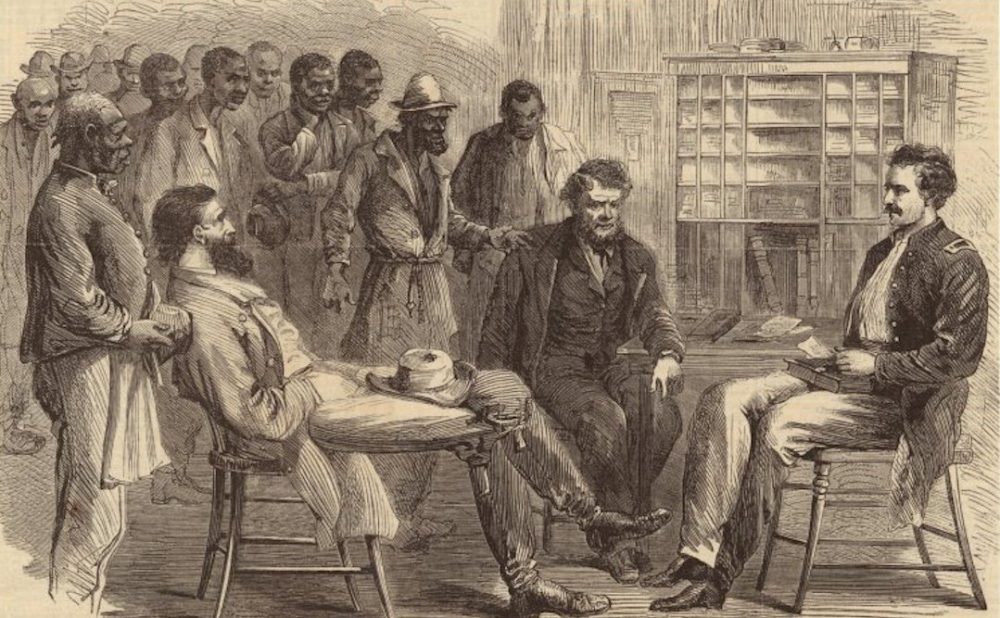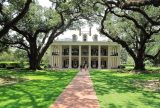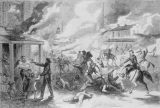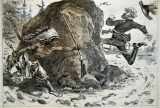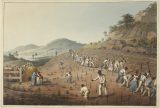After the Civil War, Memphis Vagrancy Laws Kept African Americans in ‘Slavery by Another Name’
Federal Authorities Authorized Patrols That Arrested Blacks and Gave Them to White Employers for Bounties
After the Civil War, the four million black Americans who had been enslaved encountered numerous new forms of authority, most of which seemed to promise protection and support rather than exploitation and abuse: teachers in schools, doctors in hospitals, employers who paid wages, the U.S. Army, municipal police, and a federal agency known as the Freedmen’s Bureau.
Becoming free involved figuring out the inconsistent rules and behaviors of these new authorities. The government, even as it sponsored freedom, was not always a just actor—nowhere more egregiously than in the case of …




